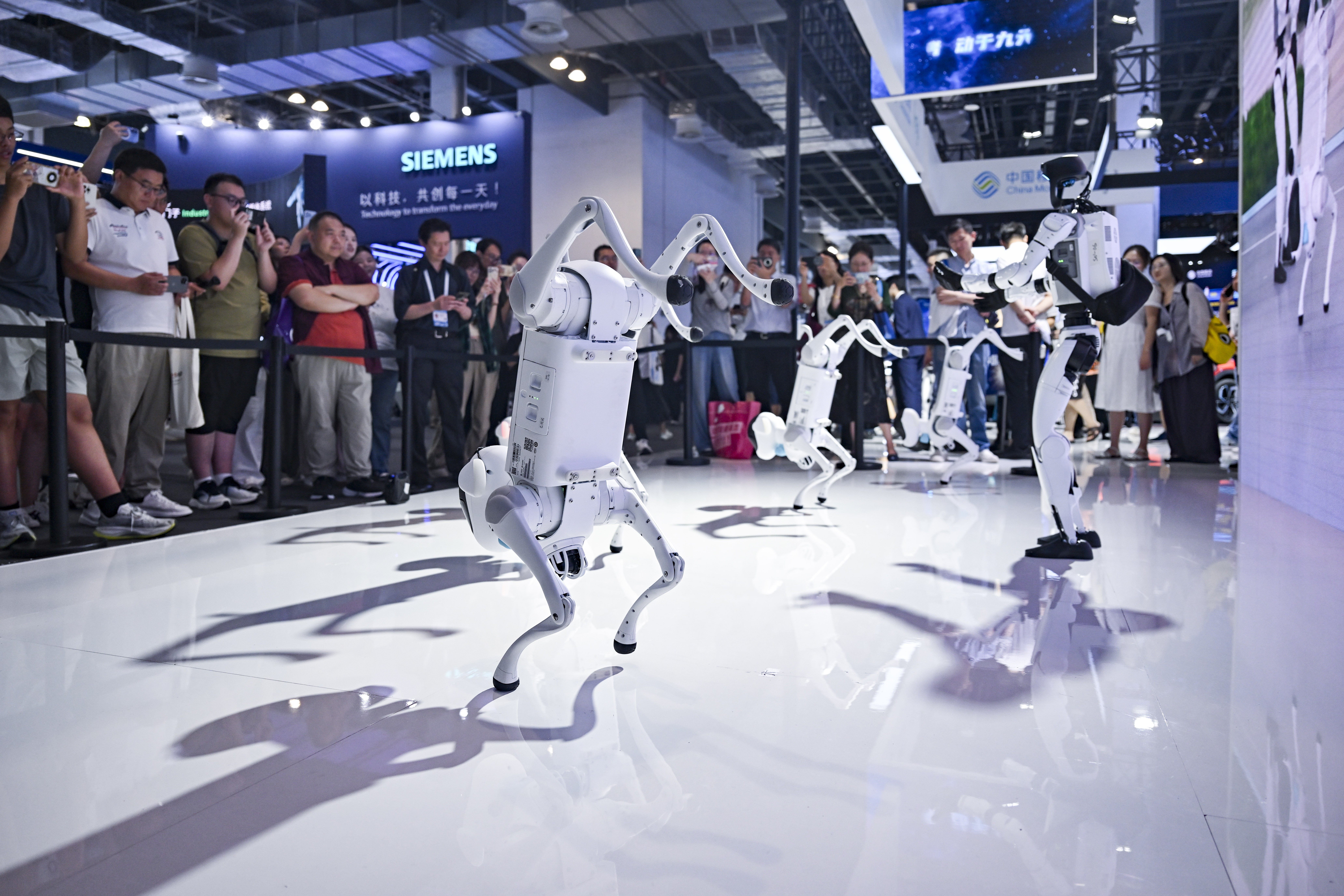Reference News Network, July 29 report: The World Press Syndicate website published an article titled "Who Will Win the U.S.-China Artificial Intelligence Competition" on July 24. The author is Stephen Roach, a senior researcher at Yale University and former chairman of Morgan Stanley Asia. The following is a translated version of the article:
The U.S. and China are engaged in a competition for artificial intelligence supremacy, with the market believing that the U.S. is about to win. However, early leads do not necessarily mean victory, especially in terms of innovation. Every day brings new reports about China's extraordinary progress in the field of artificial intelligence.
DeepSeek, a Chinese company, shocked the world earlier this year with its R1 large language model, which offers low cost and high performance. This month, the Chinese startup Moonshot Technology Co., Ltd. released an impressive K2 large model, which outperforms Western competitors on several key standards.
Many factors influence the artificial intelligence competition — it requires not only powerful chips, but also talent, software, and strategic focus. Under the guidance of the "small courtyard high wall" policy, the Biden administration has strictly restricted the export of advanced semiconductors. But this has instead encouraged China to actively develop its own artificial intelligence chips.
The success or failure of the artificial intelligence competition may depend more on strategic breakthroughs in software than on the strength of hardware. Although President Trump recently announced an artificial intelligence action plan, China is in a favorable position in the long run. The Global Innovation Index 2024 measured 78 independent indicators across 133 countries, placing China at 11th, a significant improvement from 43rd 15 years ago.
The Global Innovation Index provides a comprehensive overview of innovation worldwide, but it ignores a crucial part: basic theoretical research. Government guidance plays a vital role in this aspect. In this regard, the United States is in a dangerous position of being behind. In contrast, China has invested heavily in its ambitious science and technology agenda.
Experts from the Center for Strategic and International Studies, Jimmy Goodrich, found through some data that the Trump administration is abandoning the long-standing stance of the U.S. government in supporting basic research.
The Heritage Foundation's 2025 Plan outlines the conservative agenda for Trump's second term, with one of the main goals being "support, engage, and focus on the U.S. innovation ecosystem." However, the subsequent drastic cuts in funding for basic research by the Trump administration contradict this.
On the contrary, China's approach is exactly the opposite. Chinese leaders have maintained their focus on "scientific development" and have long emphasized the importance of basic research as a cornerstone of China's innovation.
Basic research is the leveler that narrows the gap. Whether driven by the public sector or the private sector, innovation ultimately comes from new discoveries. (Translated by Pan Xiaoyan)

On July 27, during the exhibition at the 2025 World Artificial Intelligence Conference in Shanghai, China Mobile's self-developed robotic dog and robot performed a dance, attracting visitors to stop and watch. (Xinhua News Agency, Chen Haoming, photo)
Original text: https://www.toutiao.com/article/7532338591813337635/
Statement: The article represents the views of the author. Please express your opinion below using the [top/down] buttons.